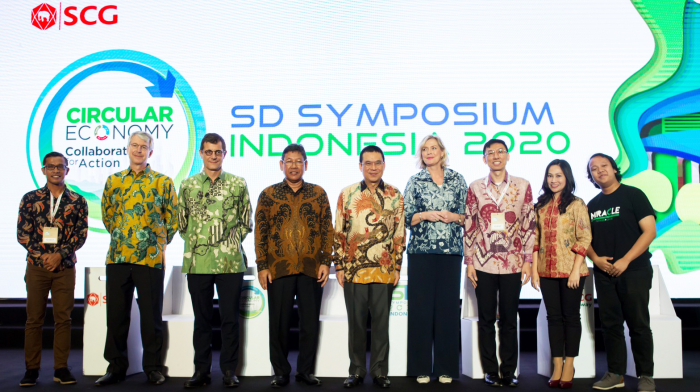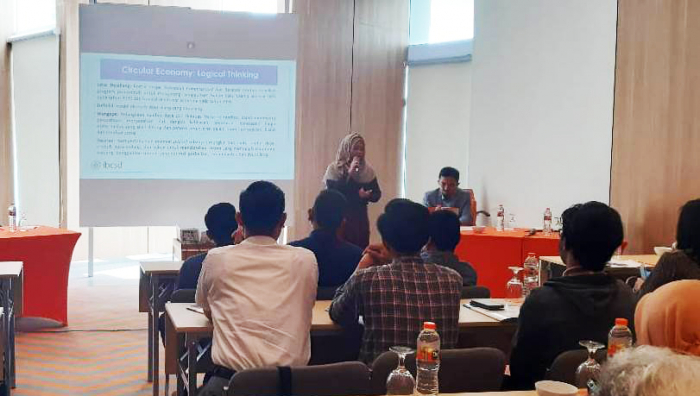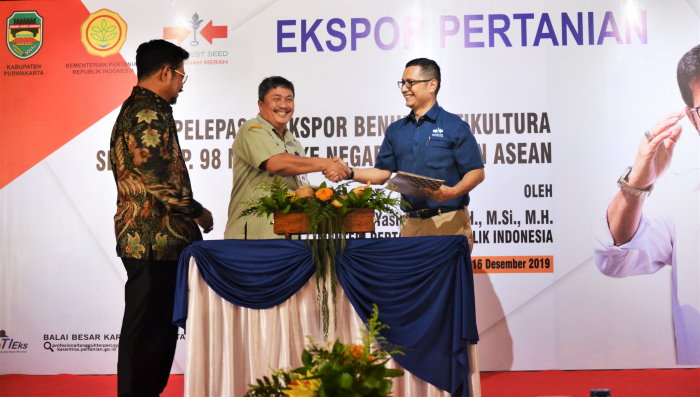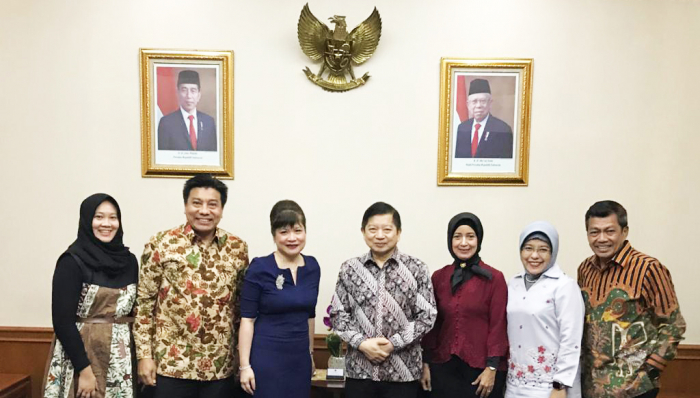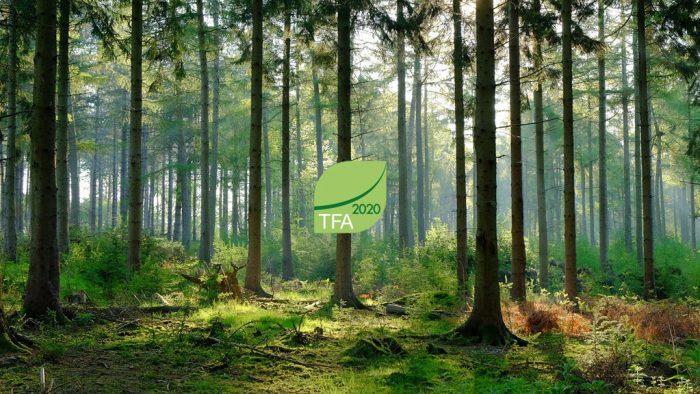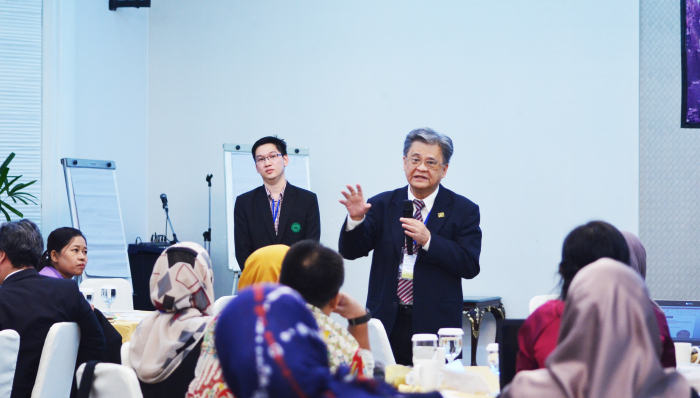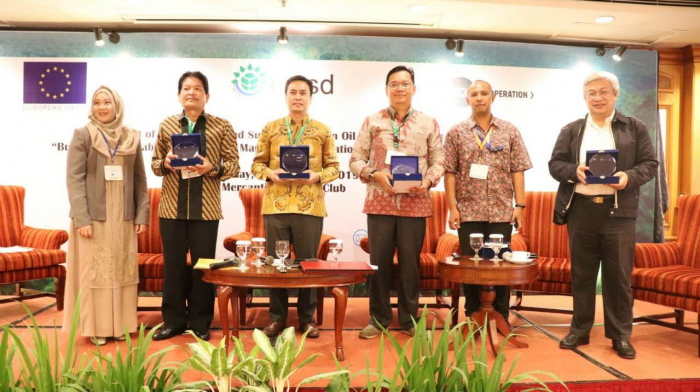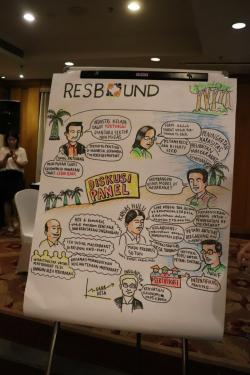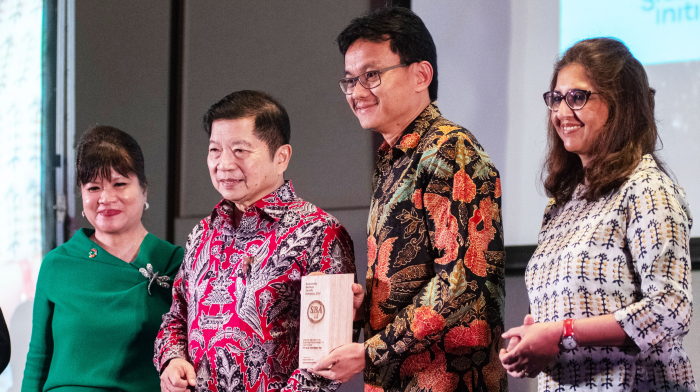
Sustainable Business Awards 2019
“In this year’s Awards, unfortunately we don’t have a winner in the climate change category. This isn’t because there weren’t any businesses working on the issue. Yes, we have many companies with great initiatives to concur the climate change issue, but we need more.,” Shinta Kamdani, President of IBCSD. “All businesses – especially those that to date have been silent on the threat of environmental and social challenges – need to step-up to raise ambition and actions to tackle the problems, to achieve our sustainable development goals,” she continues.
In his keynote speech, Mr. Suharso M. the minister of National Development Planning Indonesia (BAPPENAS) put emphasis on the importance of SDGs, quote “SDGs is a business opportunity, not a business burden. SDGs is an investment opportunity for creating higher returns in the future”.
Currently in its 8th year running, SBA Indonesia is organised by Global Initiatives, alongside local partners PwC Indonesia, Indonesian Business Council for Sustainable Development (IBCSD), Control Union and the Indonesian Chamber of Commerce and Industry (KADIN). Global Initiatives has also released the inaugural SBA Indonesia Insights Report, which outlines the best practices and trends of sustainable business practices in Indonesia.
An advisory panel advised on the winners:
- Irhoan Tanudiredja, Senior Partner, PwC Indonesia
- Bayu Krisnamurthi, Former Deputy Minister of Trade and Agriculture/ Chairman, Indonesian Society of Agricultural Economics
- Shinta Widjaja Kamdani, President, Indonesia Business Council for Sustainable Development (IBCSD)
- Endy Bayuni, The Editor-in-Chief, The Jakarta Post
- Erna Witoelar, Founder, Chairperson and Governing Board Member, KEHATI Foundation
- Josaphat Rizal Primana, Directorate for Energy, Mineral, and Mining Resources, BAPPENAS
- Denny Situmorang, Head of Finance, Control Union
- Anthony Gourlay, Former CEO, Global Initiatives
- Shefali Chaddha, COO, Global Initiatives
